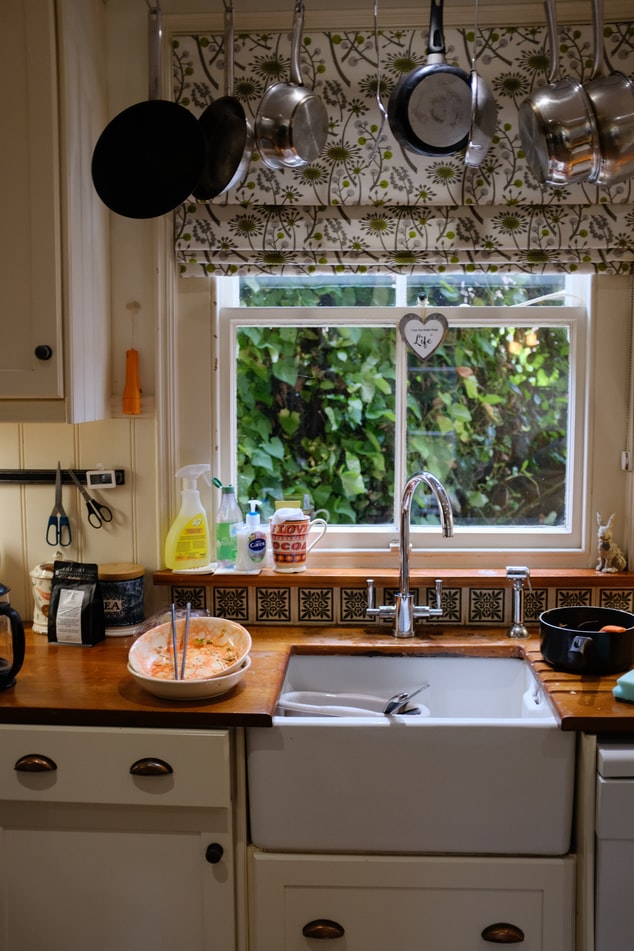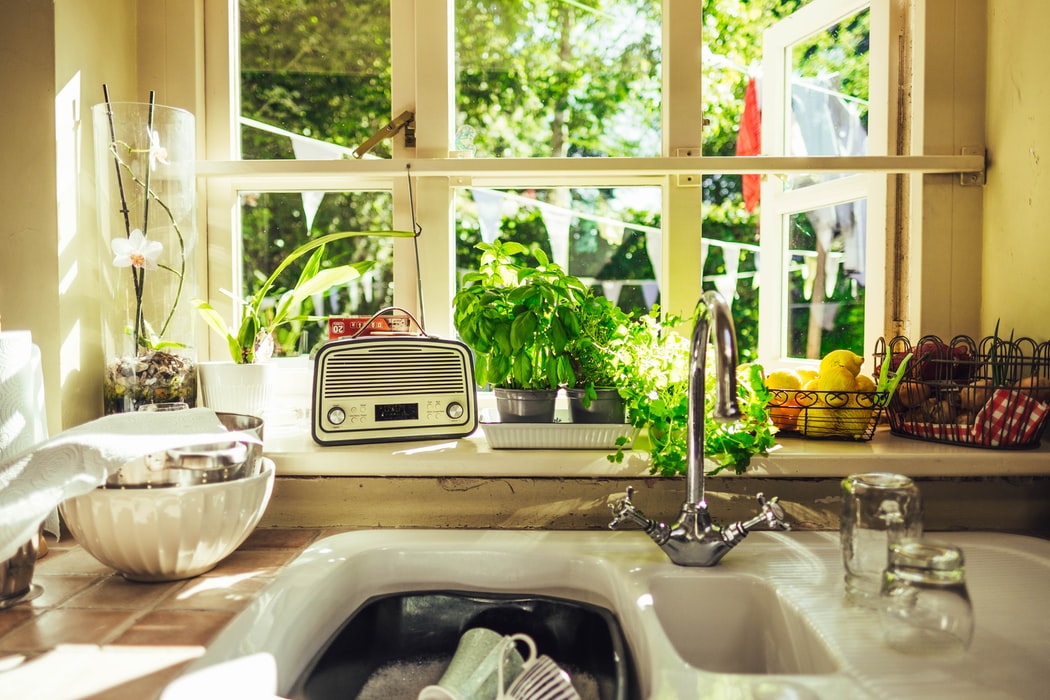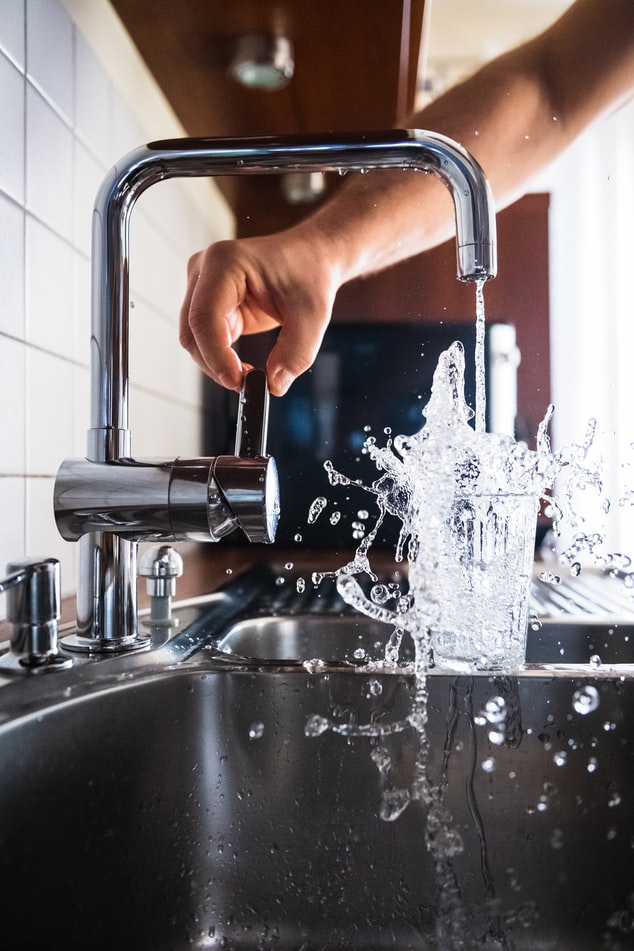How to Prevent Your Kitchen Drain from Getting Clogged

Does your kitchen drain get clogged frequently? Here is how to prevent that from happening!
 Photos By: Unsplash
Photos By: Unsplash
How to take care of your home is something that most of us learn slowly over the course of many years in our life. This being said, sometimes we need to figure out how to take better care of one aspect of our house because we keep running into the same problems. The following will cover some of the ways you can help prevent your kitchen drain from getting clogged.
Don’t Let Stuff Go Down The Drain
Let’s start with the most obvious solution. If you don’t let food go down the drain, you can minimize the chances of your drain becoming clogged. Using a drain stopper or net to catch little pieces of food is probably the easiest way to do this. As well, make sure that you’re properly scraping your plates and bowls before you take them to the sink for washing. This will also reduce the chances of something sliding down your drain.
You need to be especially careful with foods that expand when wet, like oatmeal, pasta, or rice. These foods are more likely to cause a clog as they become waterlogged within your plumbing system. Drain stoppers are also handy if you have little ones around that like to stick items into pipes.

Pay Attention To Oils And Grease
Oils and grease can be particularly hard on your plumbing systems. This is because some of them solidify when they cool down. You might think nothing of a little bit of liquid going down your drain, but if that liquid is, let’s say, bacon grease—when cold water goes down the drain at a later time or when the hot water stops, the grease might solidify and coat the inside of your pipes. Over time this could build up and clog the drain. If you feel like this might be the cause of an existing clog or slow-draining kitchen drain, reach out to one of your local plumbing businesses because they have the tools and knowledge to solve the issue. This one is especially difficult to manage because grease and oils can be tricky to notice when they’re floating around in really hot water.
Give Your Kitchen Drain A Cleaning Every Once And Awhile
You don’t need to be putting harsh chemicals into the sink, a little bit of soda can help loosen any debris that may have gotten into your drain. The carbonation “eats away” at organic build-up, helping your drain stay clear. If you’re the type not to have any soda in your home, even occasionally, you can use a solution of salt, and hot water poured down the drain for similar results. You might want to do this one every month or so. You might have heard of using baking soda and vinegar, but this is not good for your pipes and might accidentally lead to further clogging if the baking soda sticks to grease and builds up within the pipes.

Pay Attention To Fine Grains
When we speak about fine grains, mostly we mean coffee grinds, but anything else of that shape and texture also needs your attention when you’re washing dishes. Since coffee grinds are so small, they aren’t affected by disposers. They can settle into any grease build-up and contribute to clogs. These need your special attention because they are so small that regular drain stoppers might not be able to catch them. You might accidentally be sending far more down your sink than you realize when you rinse out reusable coffee filters in your kitchen sink.
Have A Check-Up Every So Often
If you have a large household (or have lots of guests constantly from running an Airbnb or something like that), the wear and tear on your drains are going to be more severe, not just in your kitchen but throughout your home. You might want to have a professional come to give your drains a good cleaning once every eight months to a year to make sure that there aren’t gradual damages and clogs occurring. With the above tips kept in mind, you are well on your way to caring for your kitchen drains. With a little consciousness and the occasional maintenance, you should be able to enjoy a clog-free drain for years to come. All this being said, the tips above work best on clean drains, to begin with. If you’re already experiencing a clog, these tips will slow down further clogging but won’t tackle the actual existing clog. It’s best to seek out professional help or use a snake or drain cleaning chemical in those cases.







Leave a Comment